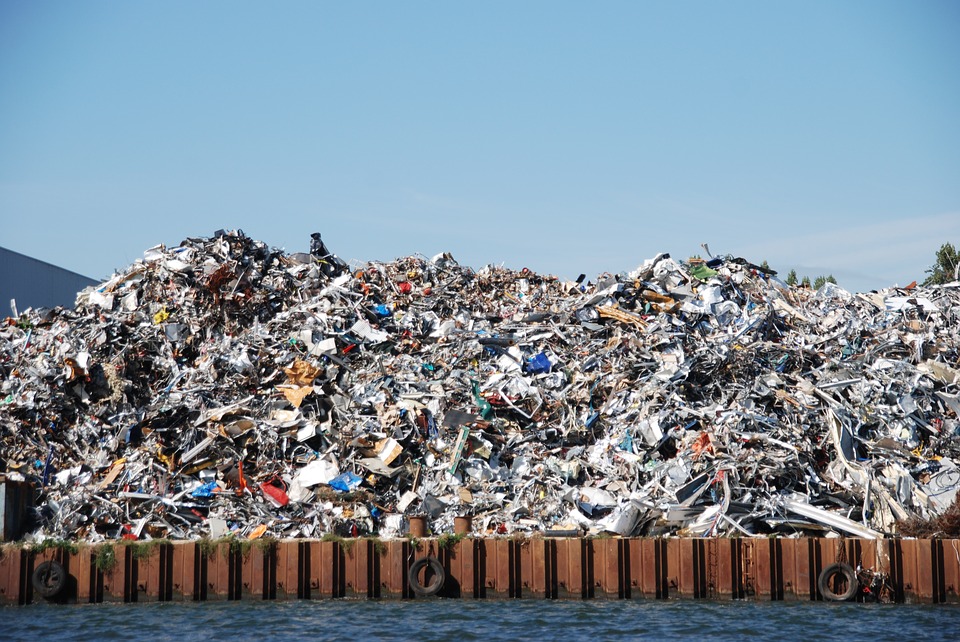Why Does Waste Take so Long to Break Down in our landfills
 After garbage leaves the curbside, it still has a long journey before it’s one with the Earth. Depending on type, waste can take sometimes centuries to fully break down. Though the systems we have now are safer and stable, the disposal of garbage into landfills is still using limited space.
After garbage leaves the curbside, it still has a long journey before it’s one with the Earth. Depending on type, waste can take sometimes centuries to fully break down. Though the systems we have now are safer and stable, the disposal of garbage into landfills is still using limited space.
The ways in which garbage has been thrown away in the past has caused significant damage, some irreparable. To undo the negative impact of environmentally-unfriendly practices, our landfills have sought to change. As recycling programs have expanded greatly in the last three decades, it has still not affected the time it takes for waste to break down. If your waste does not end up at a recycling centre, incinerator, or compost pile, it can present a heck of a challenge.
More than half of Canada’s garbage ends up in a landfill. In most cases, waste is tightly packed and sealed using a rubber-clay combination barrier. This is done to prevent liquids from getting out. Something to remember about landfills is that they were never built to break down waste. Landfills are simply meant to contain and store waste. For this reason, garbage in a landfill actually breaks down at a slower rate than it would in a non-sealed, oxygenated environment. Sadly, the sealed, oxygen-free containers in landfills also produce methane gas which is highly flammable and dangerous. Needless to say, landfills are a very ineffective way to break down garbage.
A product like aluminum cans can take up to 200 years to break down in a landfill. Thankfully, more of these aluminum cans are being recycled than ever, at a rate of 120,000 cans per day. Disposable diapers can take up to 500 years to decompose in a landfill, somewhat problematic when considering more than 18 billion disposable diapers are thrown out every year. Food waste decomposition can vary quite a bit. For example, an apple care takes around 4 weeks to fully decompose whereas a lemon peel may take up to six months. As more organic waste facilities and composting facilities have been built, these are more efficient food waste processes.
As North America’s population continues to see an increase and subsequently, waste consumption has risen, waiting for waste to break down in landfills is not the healthiest waste management policy. Despite it taking decades and sometimes centuries for products to decompose, there’s been a lot of development on the recycling front in the last decade and there’s much more to come. As a waste management, recycling, and junk removal company, we’ve seen the landscape change before our very eyes. Though landfills continue to serve a purpose and be used, things like plastic, glass, aluminum, and food waste are being processed in some very environmentally-friendly ways.
Ideally, in the future, we hope to see landfills and waste management facilities built differently. Accommodating more eco-friendly processing is going to be key to limiting traditional landfill waste. There’s no telling what’s around the corner either, in terms of whether there are ways to decrease the amount of time it takes for a waste product to break down.
As a premiere Toronto waste management company specializing in processing, disposal, recycling, and removal, Core Mini Bins assists residential, commercial, institutional, and industrial customers across the GTA. Contact us to speak with a representative today.


